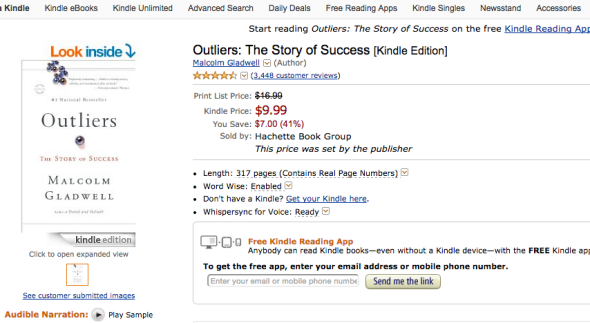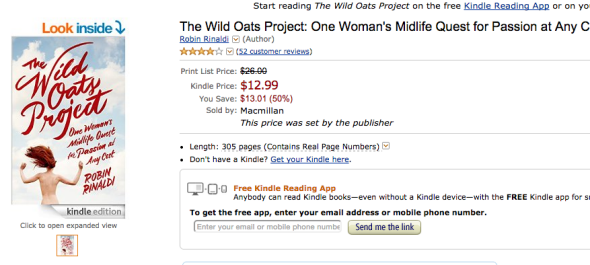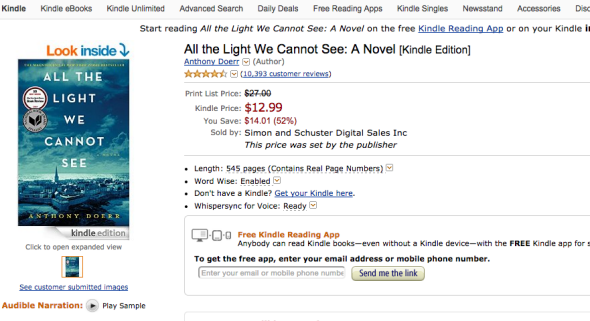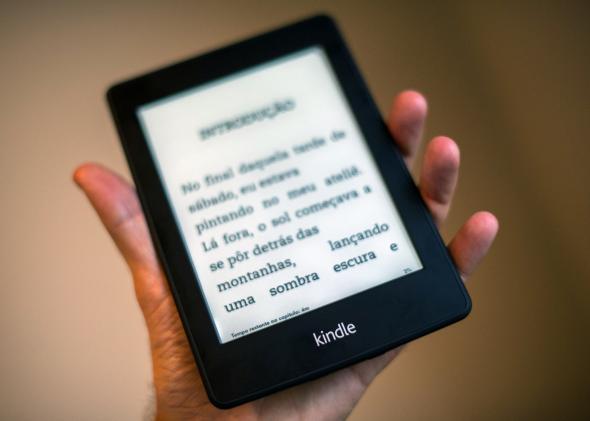The New York Times reported on Monday night that Amazon and HarperCollins had signed a new multiyear contract to sell e-books. The agreement, which came just a few weeks after news leaked to Business Insider that HarperCollins’ contract with Amazon was set to expire, presumably averted another lengthy, public battle like the one Amazon and Hachette waged for months in 2014.
With the latest deal wrapped, Amazon appears to have reached a truce, of sorts, with the publishing industry. Since last fall, the e-commerce giant has successfully renegotiated contracts with four of the five big publishers—Hachette, HarperCollins, Simon & Schuster, and Macmillan. The terms of all the contracts, per the New York Times, let the publishers decide their own e-book prices, but also gave them financial incentives to keep those prices low. Arrangements that give the publisher complete control over e-book prices are known in the industry as “full agency” models.
That Amazon has agreed to let most of the big publishers set their own e-book prices might help explain a line that now appears on many pages in Amazon’s Kindle store: “This price was set by the publisher.” In the screenshots below, you can see the note appended to e-books from Hachette, Macmillan, and Simon & Schuster right below the publisher’s name. Two of those e-books, you might also notice, are selling for more than Amazon’s preferred e-book price ceiling of $9.99.* Which is probably why Amazon is issuing this tacit appeal, and apology, to customers—we aren’t the one making you pay so much for this e-book, the publisher is.

Screenshot from Amazon

Screenshot from Amazon

Screenshot from Amazon
The “this price was set by the publisher” line isn’t entirely new for Amazon, but it’s appeared on more e-book pages since publishers renegotiated their contracts. With Malcolm Gladwell’s Outliers, for example, archived Web pages show the e-book selling for $4.66 on Amazon in January 2014 with no such note. In October 2014, when the Hachette dispute was dragging on, that e-book’s price jumps to $9.99 but the line still hasn’t appeared. Now, it’s still at that price, but with Amazon’s disclosure.
As we’ve explained on Slate before, Amazon takes issue with high e-book prices because it feels strongly that e-books are highly price elastic. That’s econ-speak for saying that e-books are the kind of thing customers will buy many more of as their prices decline. Amazon argues that cheaper e-books are actually better for everyone; it claims a 33 percent decrease in e-book prices translates to 1.74 times as many sales, prompting a 16 percent increase in overall revenue. Publishers, not surprisingly, tend to disagree. But for now, they’ve found some middle ground.
*Correction, April 14, 2015: This post originally misstated that all three of the e-books pictured were priced above $9.99. Just two were.
